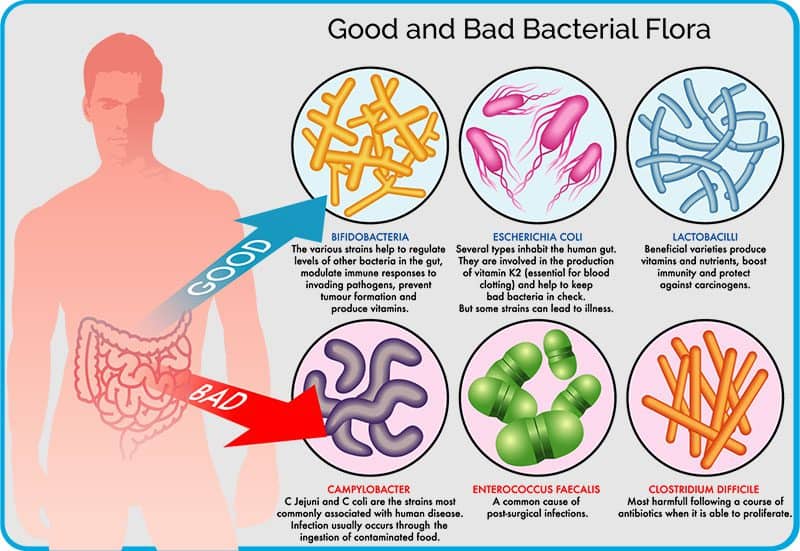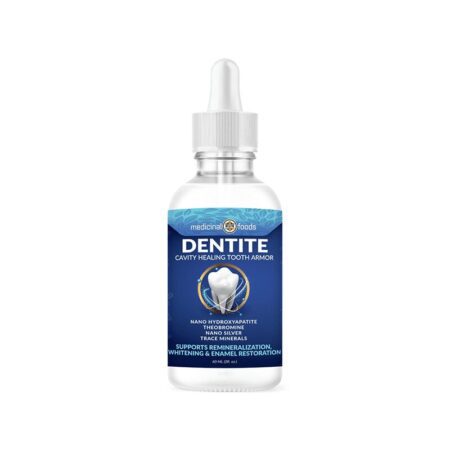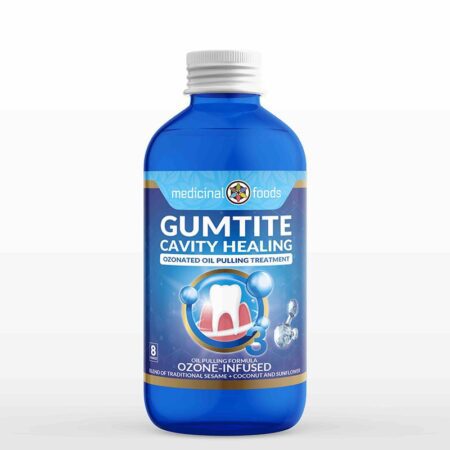People experience adverse conditions because of their gut health. Disease and a general lack of well-being can be avoided; there is a need to begin a journey towards improvement by focusing on creating a solid foundation.
Straight away, it is common knowledge that by increasing the amount of fruits and vegetables we eat, exercising regularly, and avoiding toxic foods are all critical to maintaining a wellness lifestyle.
But as we begin to adjust our regimen we need to take into account the state of our “gut”, which is a general term that signifies the multiple organs in our digestive system.
Indeed, the condition of the digestive tract may be the single most important factor in determining the body’s ability to fight off foreign toxins while absorbing nutrients from the food we eat.
The effects we experience from unhealthy digestion, and therefore an unhealthy immune system, are constipation, bloating, gas, irritable bowel syndrome, acid reflux, and heartburn, and are the first warning signs that attention needs to be paid to this subject.
There are estimated 100 million Americans with digestive problems, and two of the top five pharmaceutical medications are for digestion.
You aren’t going to hear massive corporations complaining about systemic digestive problems while they’re having a field day raking in profits to the sound of tens of billions of dollars per year.
But they aren’t the ones causing the problem; they are merely profiting from the problem, which begins with the everyday decisions about what to eat and drink that leads our bodies into a decrepit condition.
When we are not properly taking care of our digestive system we experience other domino-like side effects to other bodily systems, such as hormonal imbalances, mood swings, skin problems, cognitive fog, fatigue, and sleep disorders.
To avoid these eventual problems altogether we need to manage our diets to take proper and mature care of our digestive tract which will empower our immune system and prevent serious conditions from taking hold.
What is gut health?
Our bodies are swarming with trillions of bacteria at any given moment, and there are beneficial and harmful types for the human body. Maximizing the growth and abundance of these beneficial bacteria is dependent upon what we eat.
“Let thy food be thy medicine” is a famous adage that succinctly sums up the role of the food in terms of our overall wellness. Not only does nutritious food give us immediate energy, but it fortifies the body to fight off future problems.
Much of the modern lifestyle involves eating foods that are not fresh while being laden with pesticides and artificial additives.
Excessively drinking beverages with similar toxic formulas and engaging in activities that increase stress or volatile mental states are also major contributors to negative bodily reactions.
Our immune systems are working literally 24/7 to fight back against these deteriorating lifestyle choices, and after many years it simply can no longer keep up. This is when disease occurs, which is our body warning us that we haven’t been taking care of it properly.
Many, if not most, diseases are directly linked with a poor digestive tract based on improper diet.
Rates of hearth disease, diabetes, inflammation, obesity, cancers, cognitive decline, and many other disorders have skyrocketed since the onset of industrial food production in the mid-1900s and are all rooted in bad dietary decisions.
Turning this trend around before serious conditions appear is unfortunately less common than desired, and most people need to hear bad news before they get serious about changing.
Gut health recipes
Before rebuilding the digestive tract it is absolutely critical to stop eating and drinking foods that disrupt proper organ functioning and which slowly deplete vital nutrients over the short, medium and long term.
Foods that should be immediately considered for removal from your diet, or to be drastically cut back on, are:
Sugar and processed chocolates and sweets
Carbonated sodas
Artificial food colorings
Processed meats
Vegetable oils for cooking
Foods that use preservatives to maintain shelf life
Excessive alcohol
Removing these and other industrial toxins from your diet takes time and above all conscientiousness about what you are buying. Reading the ingredient labels and prioritizing 100% raw and organic foods is a solid baseline to begin with.
This often involves changing the stores you buy your food. Changing where you spend your money from the huge shopping center filled with cheap “almost-foods” to your local organic food store is a great start.
Even better yet is buying from the local farmer’s market (if available) and verifying that they do not use pesticides, preservatives or artificial hormones if they are selling meat.
Cleansing
One of the first steps towards taking your microbiome into a positive direction is doing a digestive cleanse, ideally 2 to 4 times a year or whenever you are feeling some negative symptoms popping up.
An important first cleanse is a colon cleanse which is a 6 to 12 day regime of taking a drink consisting of a fruit juice base, preferably organic apple juice, mixed with psyllium husks, bentonite clay, aloe vera extract and distilled water.
This drink will effectively remove the toxic food material that gradually builds up along the lining of the walls of the large intestine.
Taken every other day, while on a limited diet of raw foods and juices, will significantly reduce the workload of beneficial bacteria which need to focus on clear out new toxins as they the digestive tract.
Probiotics
The next step is to add probiotic foods and supplements to your diet to build up the quantity of beneficial bacteria. These include:
Raw cow or goat milk
Organic yogurt
Kefir
Unpasteurized cheese
Sauerkraut
Kombucha
The live micro-bacteria in these foods work as cleaners of the small and large intestine and efficiently extract nutrients and send them to the necessary other parts of the body for repair and nourishment.
By adding these beneficial bacteria to the digestive tract we are creating the foundation for the immune system to absorb more of what’s good and remove what’s bad.
How to fix gut health
The best ways to fix your digestive system is by taking a measured and logical approach to gradually altering what you are eating and eliminating cheap and processed materials that will have deteriorating effects long-term.
Sometimes, with a serious conditions such as cancer, tumors, or pre-diabetes, we can have a radical reaction and become motivated very quickly to change our diet direction.
But people without these serious conditions can also become radical and want to change everything overnight, and this often leads to a radical altering of previous habits.
While it is entirely possible to change your diet overnight, major swings can shock the body and cause other serious counter-reactions.
By doing this you are essentially removing the sustenance the body is living off of, even though they are toxic, and trying to force the body to adapt extremely fast which can unfortunately lead to other drastic or unexpected illnesses.
So it is important to gradually substitute your foods and dietary supplements, while removing harmful foods, as a long-term and focused initiative which will rebuild and replenish your gut health and its microbiome.

















